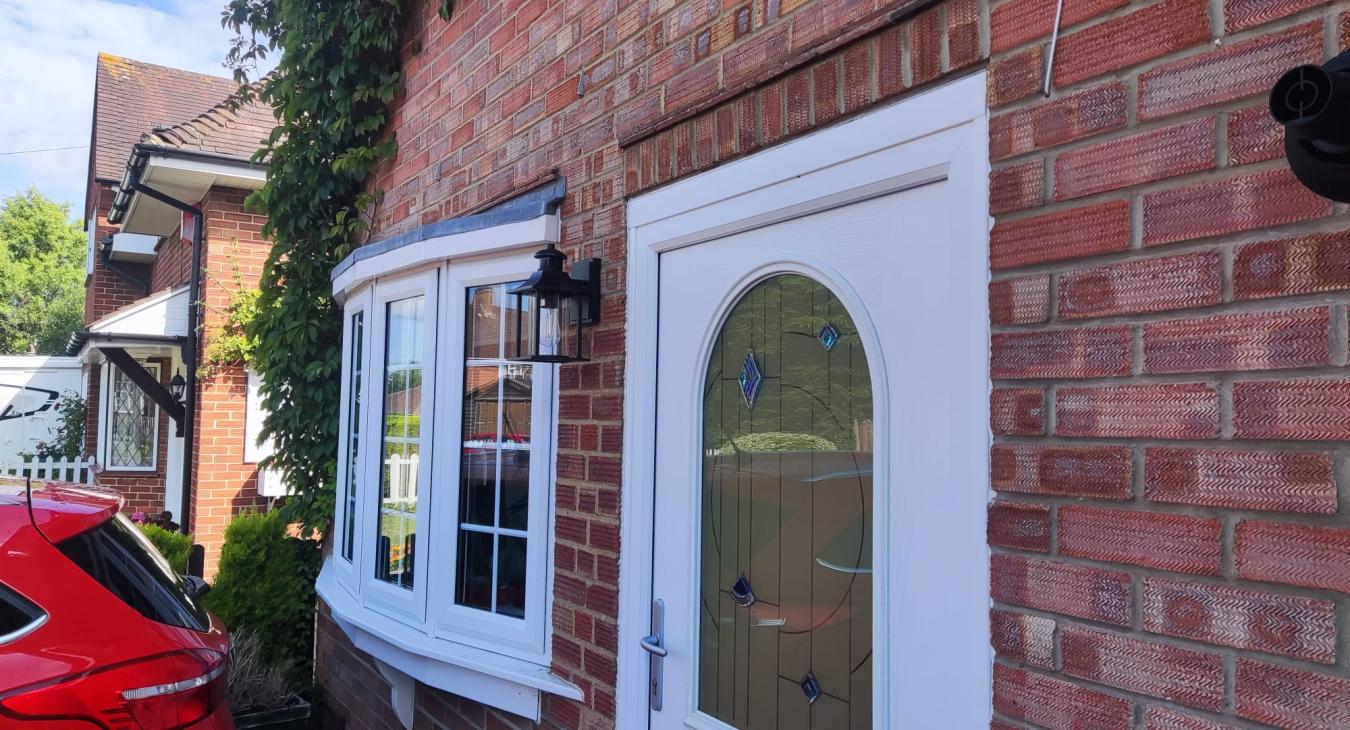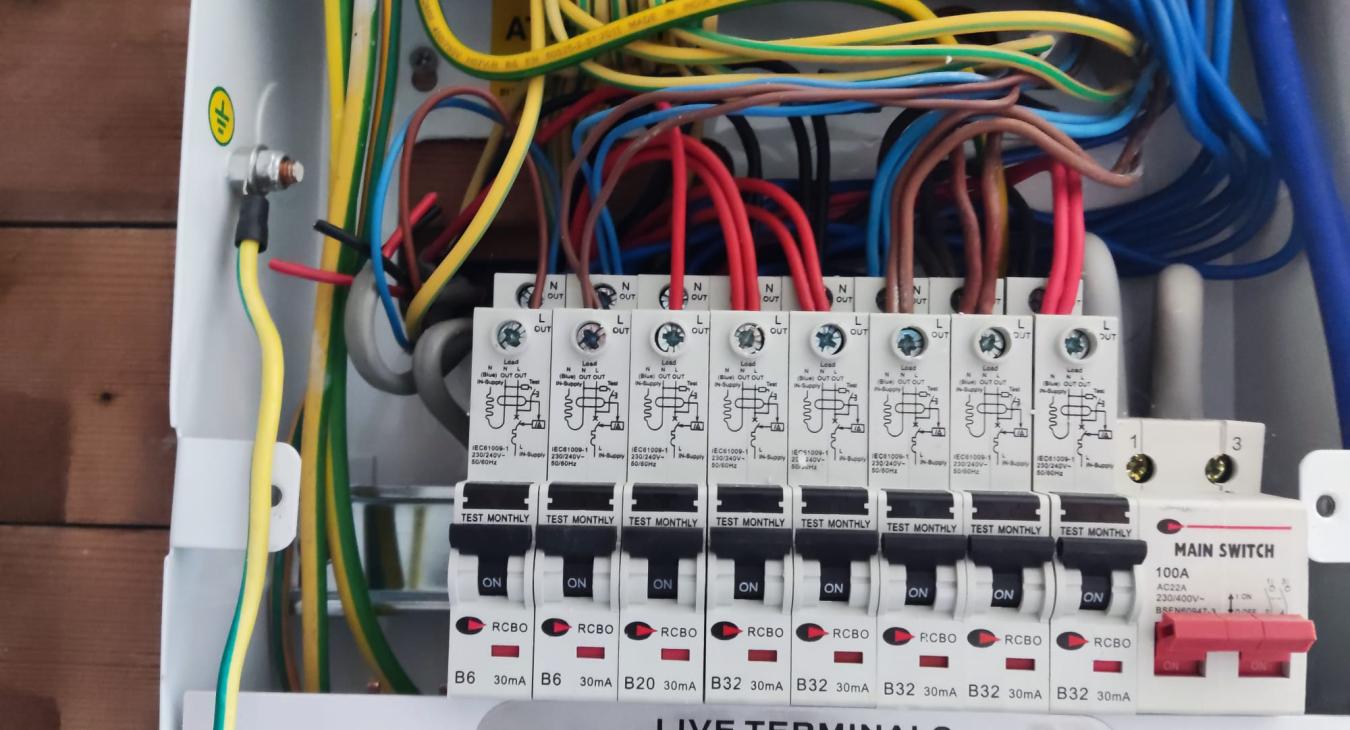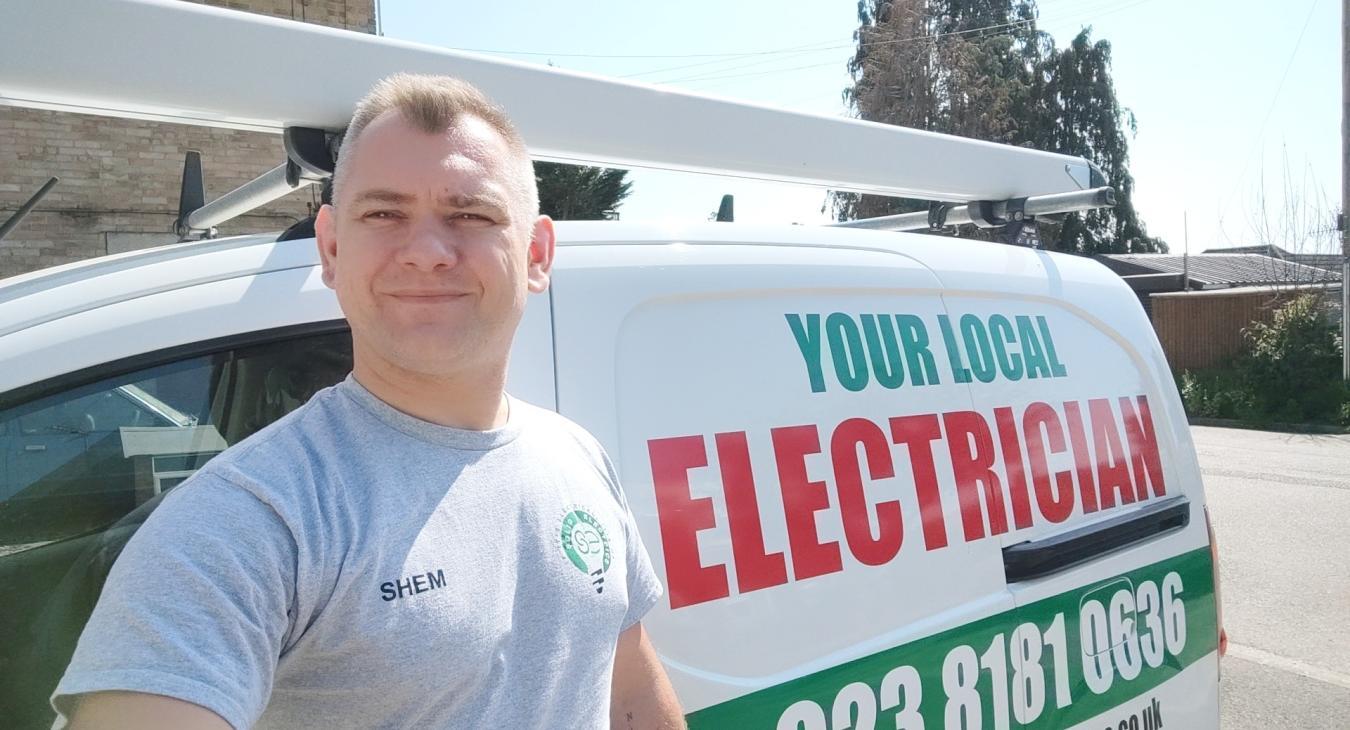
Understanding the specialized skills of each trade is crucial in ensuring the safety, efficiency, and legality of building projects.
In the construction and renovation world, the roles of builders and electricians are often intertwined yet distinct, which can lead to confusion among homeowners and project managers alike. Understanding the specialized skills of each trade is crucial in ensuring the safety, efficiency, and legality of building projects. This article will delve into the key differences between builders and electricians, emphasizing why these professions should not be interchanged.
Specialized Skills and Training
Builders and electricians undergo different training and certification processes, tailored to their specific roles. Builders are skilled in aspects of construction such as framing, carpentry, and general structural work. They lay the groundwork for projects, from erecting walls to installing basic structural elements. Their expertise is broad, covering a wide range of tasks that provide the shell and core of a building.
Electricians, on the other hand, are specialists in the electrical systems of buildings. They are trained to handle wiring, fuse boxes, and ensure that all electrical components meet legal safety standards. The intricacies of electrical work require a deep understanding of current regulations and electrical science. In the UK, for example, electricians must comply with the BS 7671 regulations, which govern the safe installation of electrical systems.
Safety Implications
The differentiation between builders and electricians is not just a matter of skill but also of safety. Electrical work carries inherent risks and requires precise knowledge to avoid hazards such as electrical fires or shocks. Employing someone who is not a certified electrician to perform electrical work is not only dangerous but also illegal in many cases. It can lead to severe consequences, including personal injury and failure to comply with insurance and warranty conditions.
Legal and Compliance Issues
In the UK, certain electrical works must be carried out by a qualified electrician and reported to the local building control body. This is part of the Part P regulations in the Building Regulations, which ensure that electrical work in homes is performed to a high standard of safety and quality. Builders typically do not hold these qualifications; thus, contracting a builder to perform these tasks can lead to compliance issues, potentially resulting in legal penalties and the need to redo the work.
The Importance of Hiring the Right Professional
Hiring the correct professional for specific tasks ensures that the work is done safely and to a high standard. While builders and electricians may collaborate on projects, their roles are not interchangeable. Each professional brings a different set of skills and expertise that, when utilized correctly, complement each other and contribute to the successful completion of a project.
Local Electric ian
The saying "builder is not the electrician; an electrician is not a builder" underscores a critical point in construction and renovation projects: the need for specialized professionals. While blending roles might seem like a cost-saving measure, it is a risky gamble that can result in subpar work, safety hazards, and legal troubles. Hiring the right person for the job is always advisable, respecting their specific qualifications and the unique contributions they bring to the table.
This differentiation not only ensures the safety and quality of building projects but also upholds the professionalism and integrity of the construction industry. Homeowners and project managers are urged to recognize and respect the specialized skills of builders and electricians alike, ensuring that each professional is tasked only with jobs that match their expertise.
















